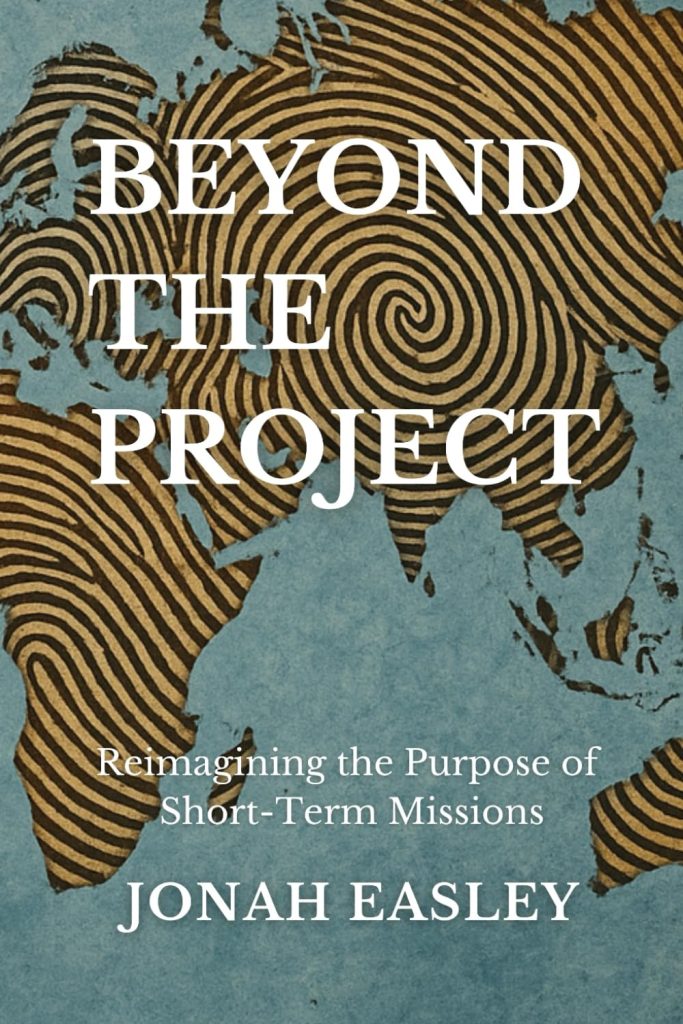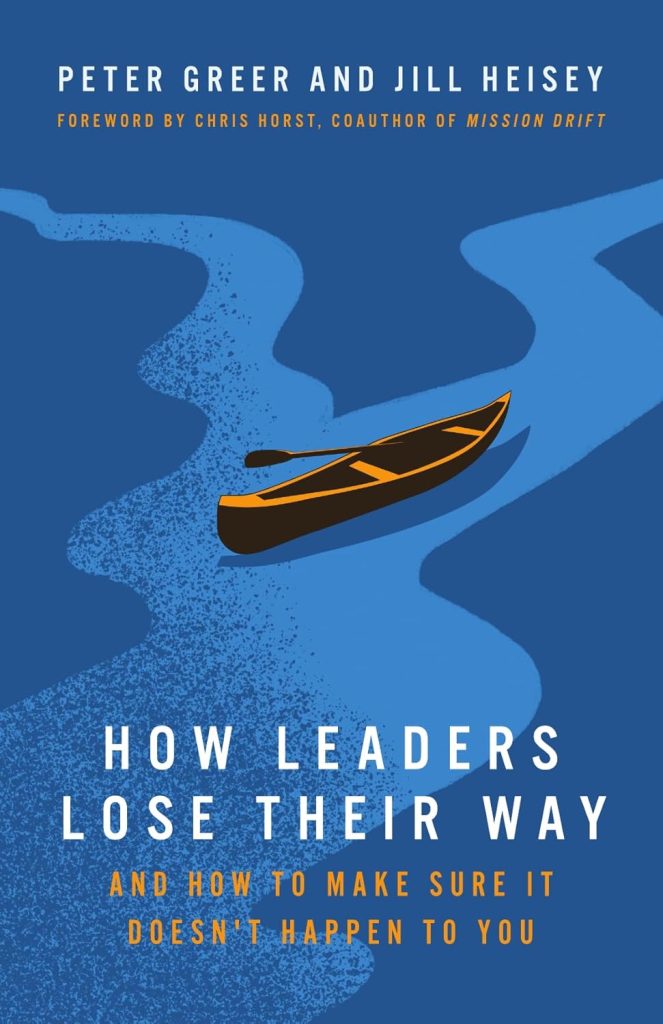The Great Commission: What is Our Goal?


When my wife and I arrived in Indonesia in 1978, at its core our sending mission agency identified three Great Commission tasks. The three were summed up with the acronym EDP: Evangelism, Discipleship, and Planting the church. Engaging in the three would lead to the over arching goal of World Evangelization. At that time, those were the elements and the terminology that defined mission – that most evangelical missions would have subscribed to in one form or another.
Subsequently, over the past forty years many other mission definitions, directions and goals have emerged. Some have helped to refine what constitutes the Great Commission task and goal. Others, however, have diverted from the essence of our calling, leading to what some have labeled as “mission drift.”
In macro-terms, mission endeavors performed today can be categorized into four groupings or sets. Each set contains subsets, for which there is not space to detail here. I prefer to call these larger categories “the Four E’s” of mission focus and goal.
Evangelistic: expressed in such terms as world evangelization, making disciples of the nations, church planting, and engagement of “people groups.” Related endeavors include, Bible translation, media outreach, literature distribution and such, that focus primarily on winning souls and maturing them in Christ. Human sinfulness resulting in spiritual alienation from God is mankind’s core problem. World evangelization is the expressed goal.
Economic: expressed in such terms as poverty alleviation, helping the disadvantaged, and a plethora of social concerns/works and holistic ministries. This grouping holds the belief that capitalism coupled with Christian values is the solution to economic inequality. We are called to “embrace wealth creation as central to our mission of holistic transformation of peoples and societies.”[1] Financial inequality is mankind’s core problem. Fiscal equality for all is the expressed goal.
Environmental: expressed in such terms as creation care, “planting churches and trees,” saving both souls and the soil, combating global warming, etc. It is the belief that environmental problems are a sin problem, rooted in selfishness, greed, and materialism. The solution to the dire “crisis in creation” today is to find a way to heal human hearts along with their environs, thus, making environmental engagement legitimate mission.[2] Fallen creation manifested in environmental chaos is mankind’s main nemesis. Helping humans become responsible stewards of God’s creation is the expressed goal.
Evenhandedness (for alliteration purposes), i.e. “Justice”: expressed in such ways as addressing political, social, and labor injustice, along with sexual exploitation. Combating societal evils such as human trafficking, sex trafficking, drug trafficking, slavery, child labor, land theft, and citizen rights abuse, are championed as the tasks of missions.[3] It includes rescuing the helplessly and hopelessly abused and downtrodden. Injustice is mankind’s core problem. Fairness and justness in every facet of society is the goal.
Granted there are crossovers among these sets; they are not mutually exclusive silos. However, that is not the issue here. The real question is, to what degree do these assorted tasks align with the ultimate goal Jesus gave the Church by way of the Great Commission? Unfortunately, the proliferation of the above-mentioned missional categories has resulted in a blurring of Great Commission definition, direction, task, and final goal.
Is it time to reexamine and reclaim the essence of the Great Commission? At Missio Nexus, we think so and are devoting our efforts in 2020 to bring focus back to it. As a part of that, the theme of our annual Mission Leaders Conference in September is Focus 2020 – The Great Commission: What is Our Goal? Ted Esler, president of Missio Nexus, expresses why engaging in this topic is so important:
We live in a time in which the entire foundation of Western worldview is shifting under our feet. Long trusted foundational ideas, from identity to history, are being reconsidered and redefined. Some are swept away in a matter of months while others stubbornly hang on. Both theology and missiology are being challenged and reshaped by the deconstruction brought on by post-modern thought and post-Christian philosophy. As these shifts occur, how do we understand the Great Commission and obey it?[4]
If you are concerned about this topic and would like to engage the conversation, then I urge you to attend Focus 2020 – The Great Commission: What is Our Goal? The dates are September 24-26, and the location is Orlando, FL. To register go to: https://missionexus.org/focus-2020/




Responses